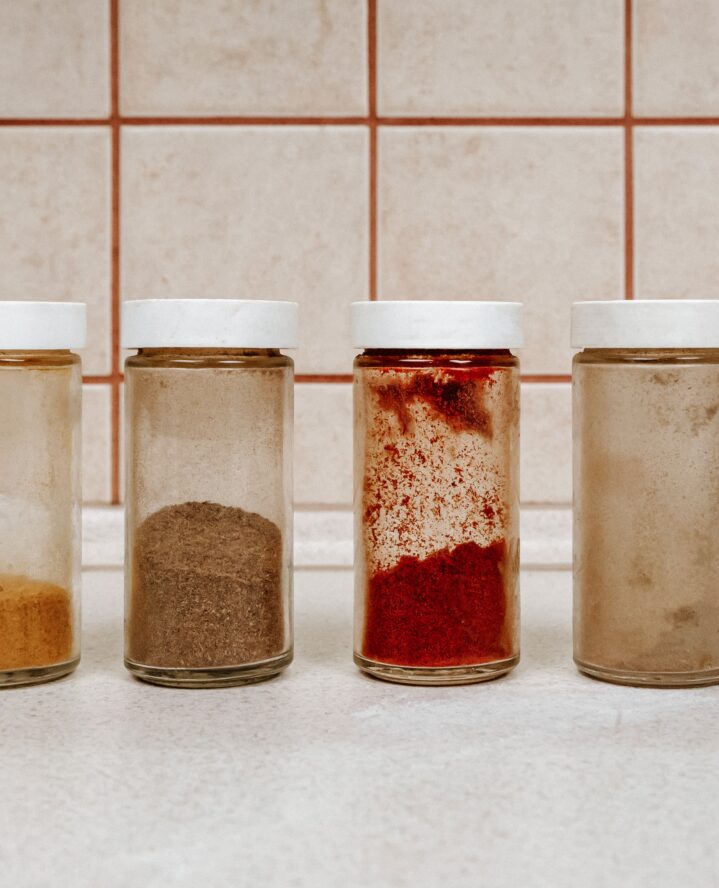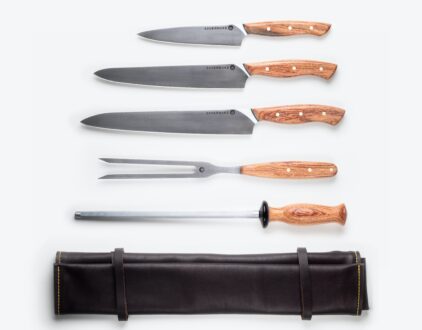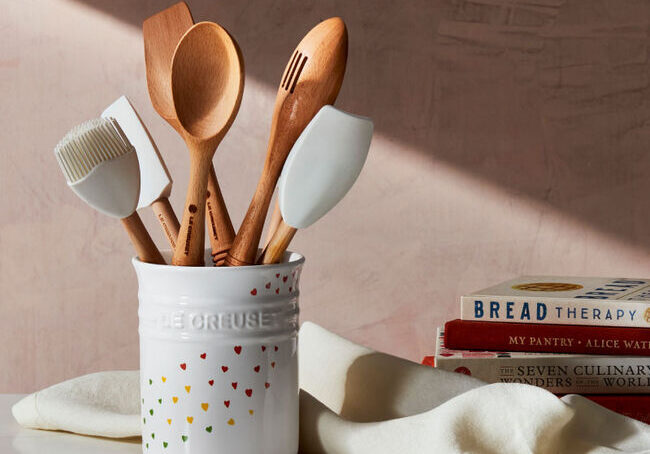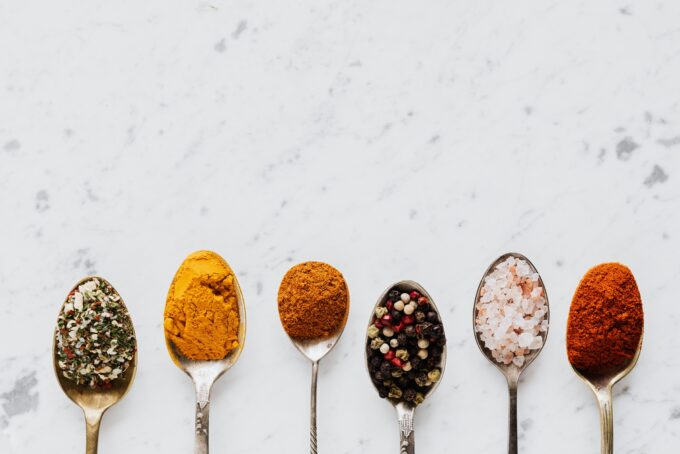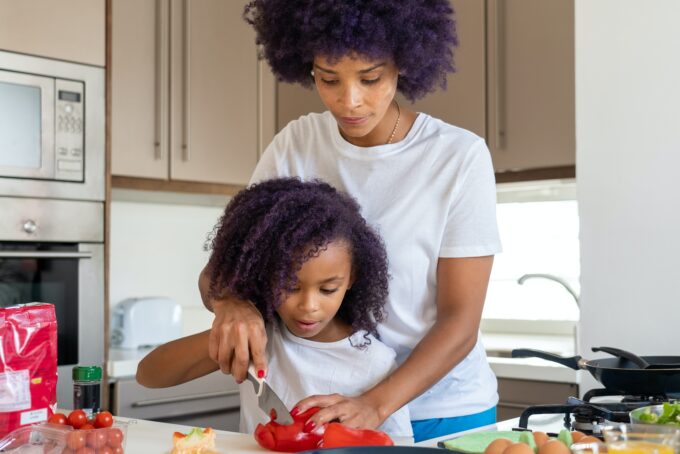A stocked spice rack is a sign of an experienced cook. They add a lot of depth, complexity, and even personality to your meals. But even though spices are an important part of cooking, they can also do more harm than good when they start to go bad. So, do spices expire? And if so, when?
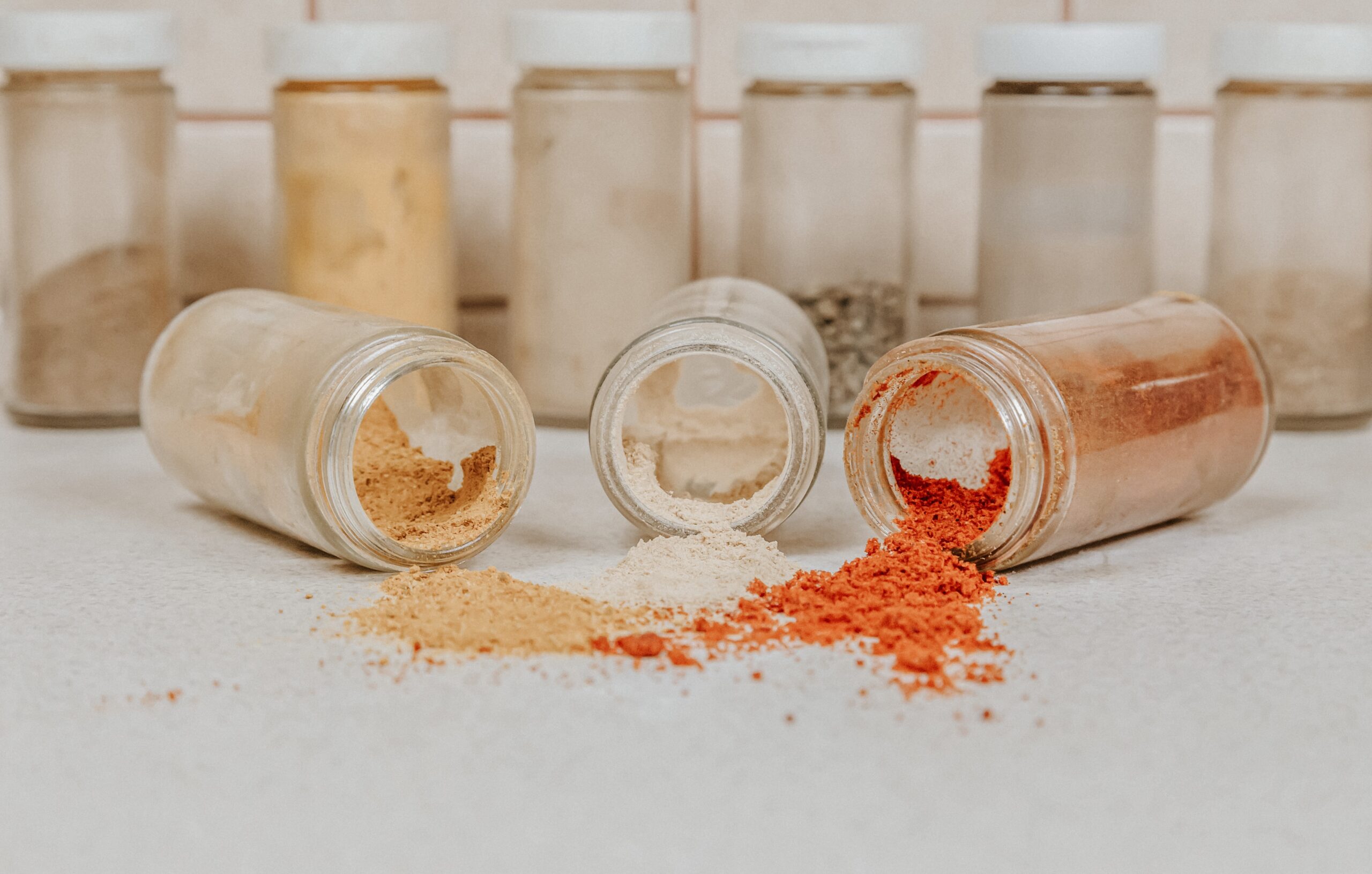
When do spires expire?
Spices that have passed their expiration date by a few days are typically still safe to use. For a better idea of how long your spices can last, here’s a quick list:
- Whole spices: 2-3 years
- Ground spices: 2-4 years
- Powdered spices: 1-2 years
Whole spices such as cinnamon sticks, black peppercorns, or cardamom pods are likely to last longer than powdered spices. This is because it’s easier to preserve their natural oils when they’re in the plant material. But the natural oils from powdered spices evaporate more quickly, which is why they have a shorter shelf life. Even so, you can still use pre-ground spices a bit past their expiration date as long as you store them properly.
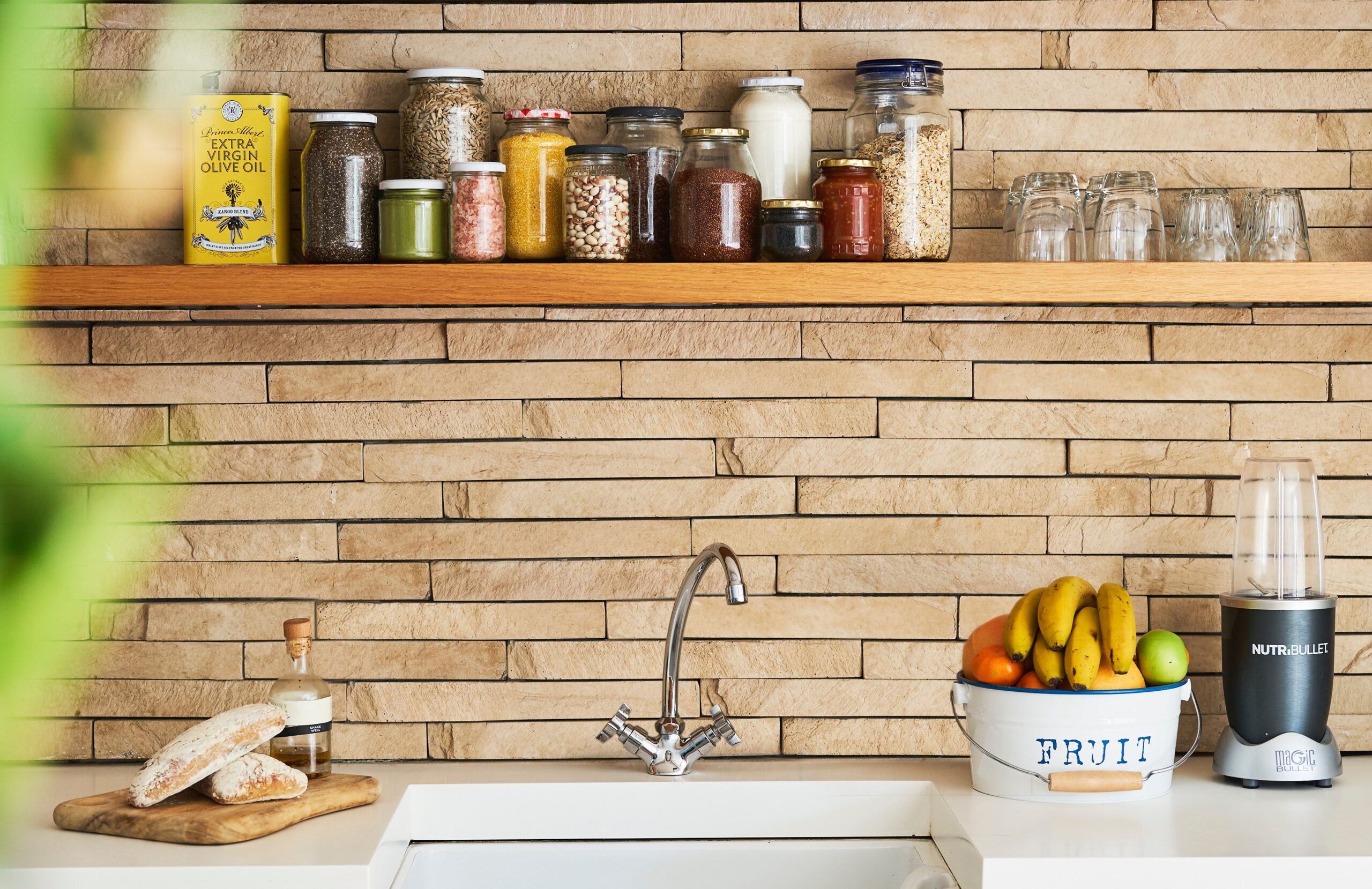
How To Properly Store Your Spices
Properly storing your spices is the best way to maximize their flavor and longevity. To learn how to maintain your spices, here are four quick tips:
Keep them cool and dry.
Be sure to keep your spices far away from excessive heat, humidity, and light, which can really ruin their flavor. To prolong their shelf life, store your spices in a cool, dry area such as a pantry or cupboard, and away from the stovetop, sink, windows, or heat source.
Limit air exposure.
Opening your spice jar exposes it to air, which then oxidizes and ruins its flavor. To avoid this, try to keep air exposure at bay by only using your spices when you need to, making sure to put the lid back on after each use.
Buy smaller quantities.
You can save a lot of money when you buy spices in bulk, but if you don’t use your spices fast enough, they can lose their flavor over time. Instead of shopping for large, Costco-sized containers, opt for smaller spice jars so you can take advantage of their robust flavors.
Don’t buy pre-ground.
As previously mentioned, whole spices last a lot longer than powdered spices. But if you prefer pre-ground spices, you’re in luck! You can use a coffee grinder or food processor to grind whole spices into a fine, flavorful powder — the best of both worlds!
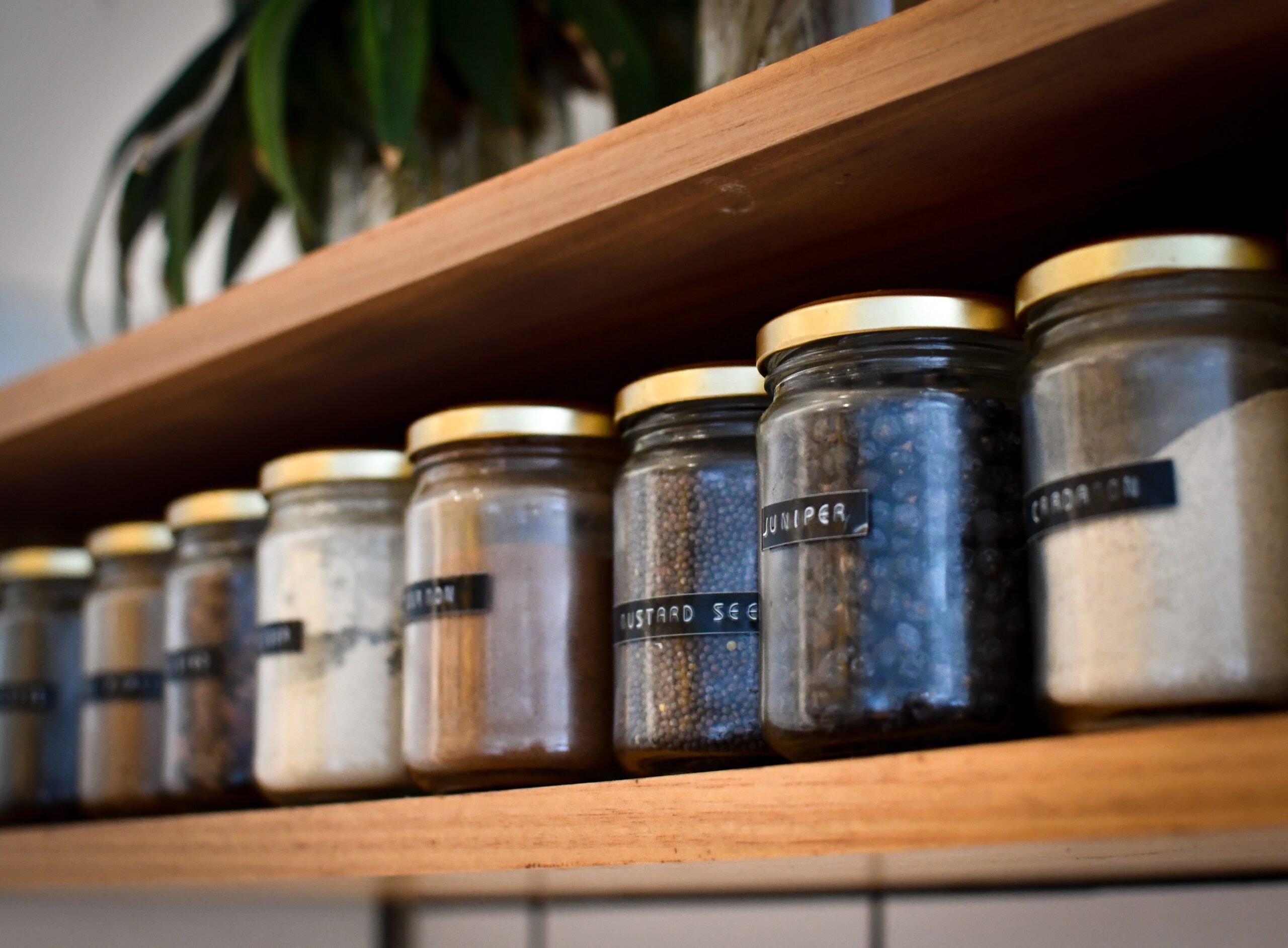
Signs a Spice Has Gone Bad
Expired spices can turn an otherwise delicious meal into a boring, bland disaster. To prevent this from happening to you, here are five signs your spices have gone bad:
- Faded color: Spices that have become less vibrant in color are a sign of potential spoilage.
- Weak aroma: If your spices no longer have an aroma, it could be time to toss them out.
- Bitter, musty flavor: If your spices don’t taste right, they might not be safe to eat.
- Clumping: Expired spices draw a lot of moisture, causing powders to clump and harden.
To know whether your spices are bad or not, you have to trust your gut. If the taste, texture, color, or aroma isn’t right, there’s a good chance your spices are expired.
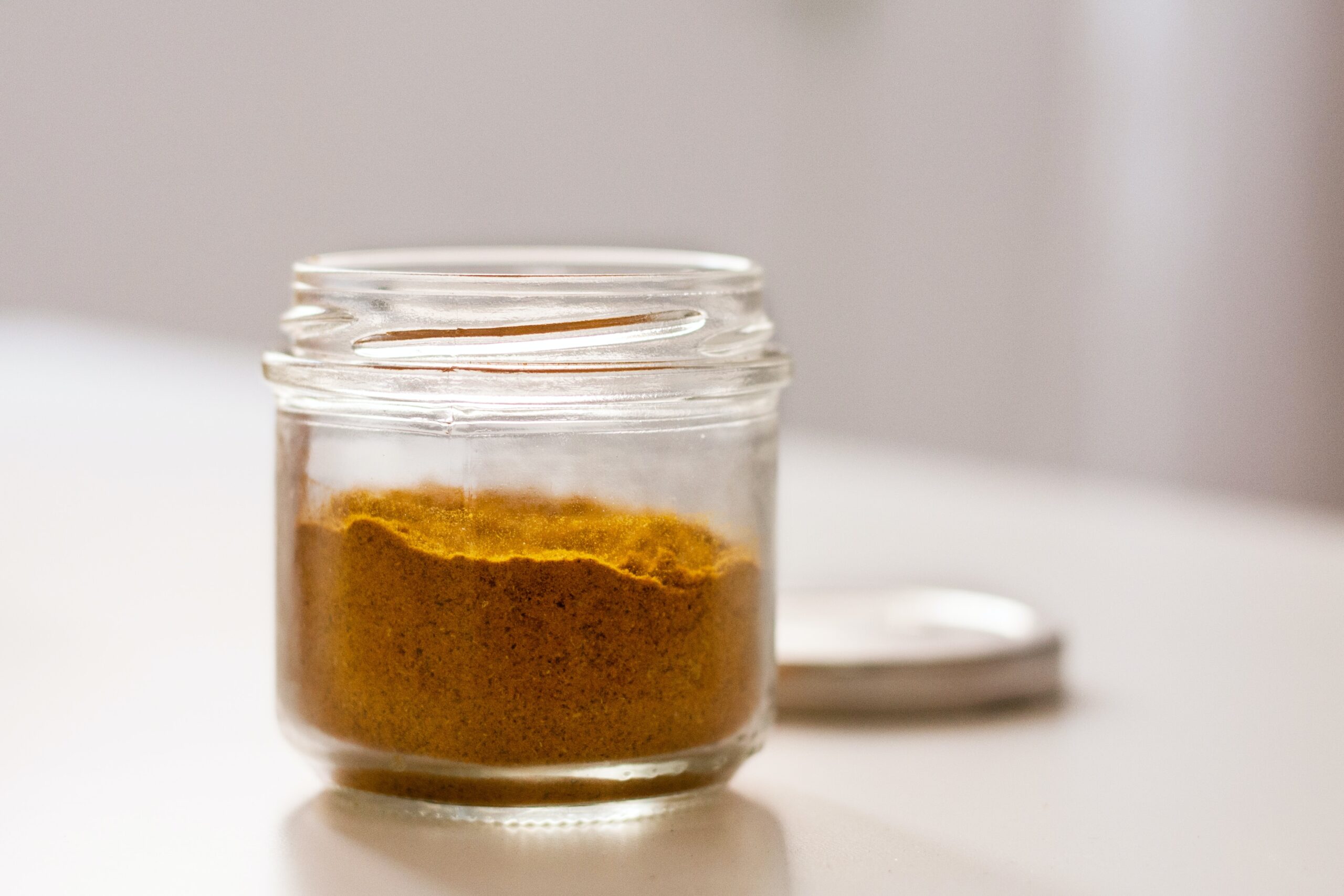
Spices That Go Bad More Quickly
Not all spices are created equal, with some going bad faster than others. Take a look at which products to reconsider when planning your grocery list:
Ground Spices
Because ground spices tend to lose their flavor faster than others, you should restock popular spices — i.e. garlic powder, onion powder, crushed red pepper, etc. — on a consistent basis.
Spice Blends
Premixed seasoning blends make cooking more convenient, but when exposed to too much air, they quickly lose their potency. To avoid this, try using your spice blends within six months to a year before discarding.
Seeds and Leaves
Poppy seeds, sesame seeds, and dried onion flakes are great toppers for food, but they’re also pretty fragile. And as a result, they tend to stale faster than woody spices.
When In Doubt, Throw It Out
Understanding how long spices last is key to maximizing their flavor. But if you’re ever unsure if your spices are becoming stale, it’s best to stay on the safe side and throw them away.
Another way to guarantee your spices are okay to eat is by discarding your spices regularly — after every year or every other year. This way, you can be sure you’re using only the freshest, most flavorful ingredients in your meals.
popular posts
- 1It’s Black Business Month, So Let’s Go Shopping and #BuyBlack!
- 2These Home Decor Items Will Instantly Make Your Space Look Outdated
- 3Black-Owned Home Decor Stores To Support Across the United States
- 4A Look Inside Elon Musk's Tiny $50,000 House
- 57 Black and Multicultural Designers To Follow For Design Inspo
FOLLOW ALONG ON INSTAGRAM
#homeandtexture
Find us on social for more home inspiration where culture, personal style, and sophisticated shopping intersect to help you create a home where you love to live.
